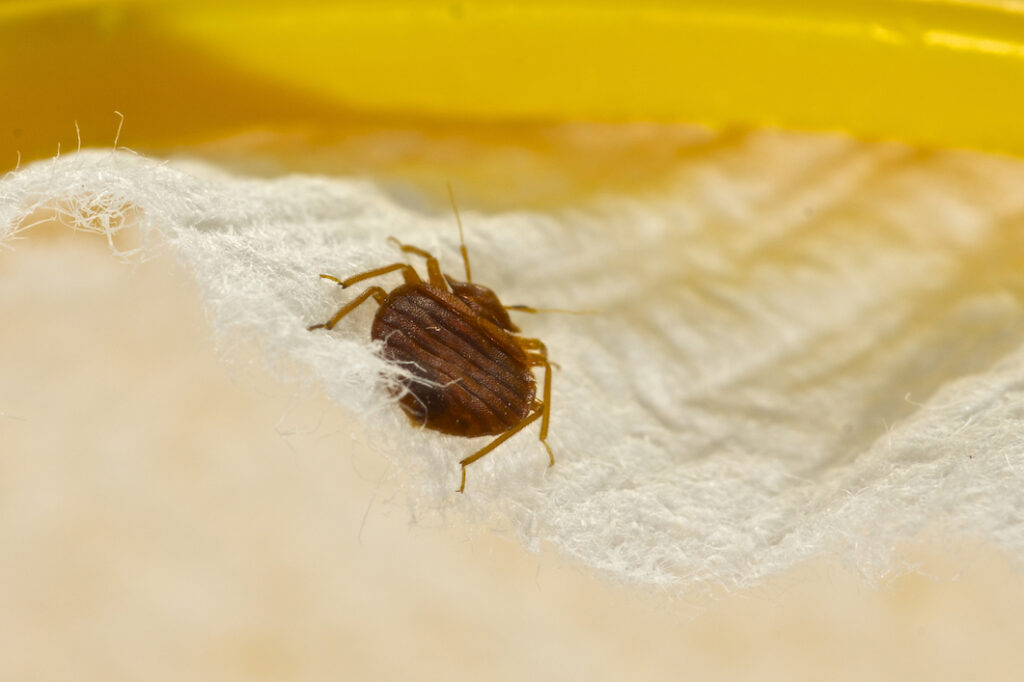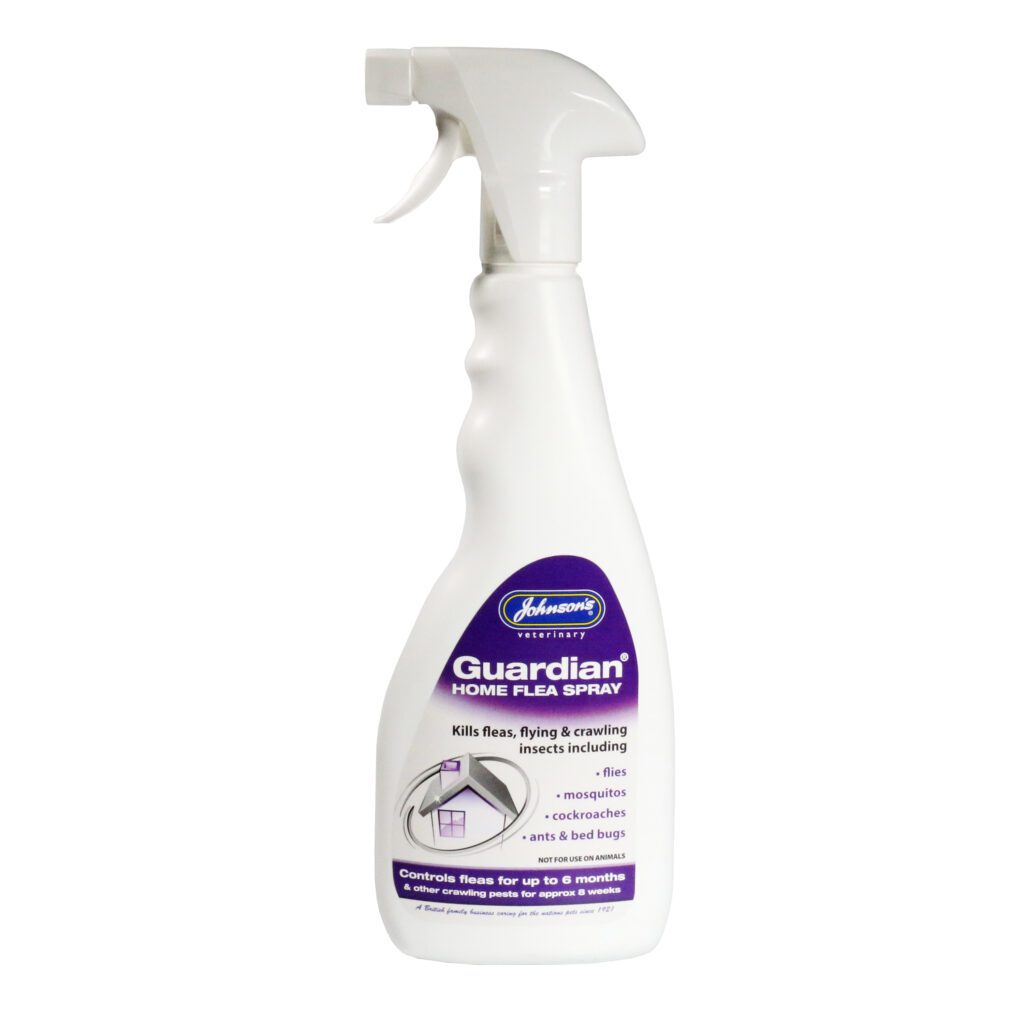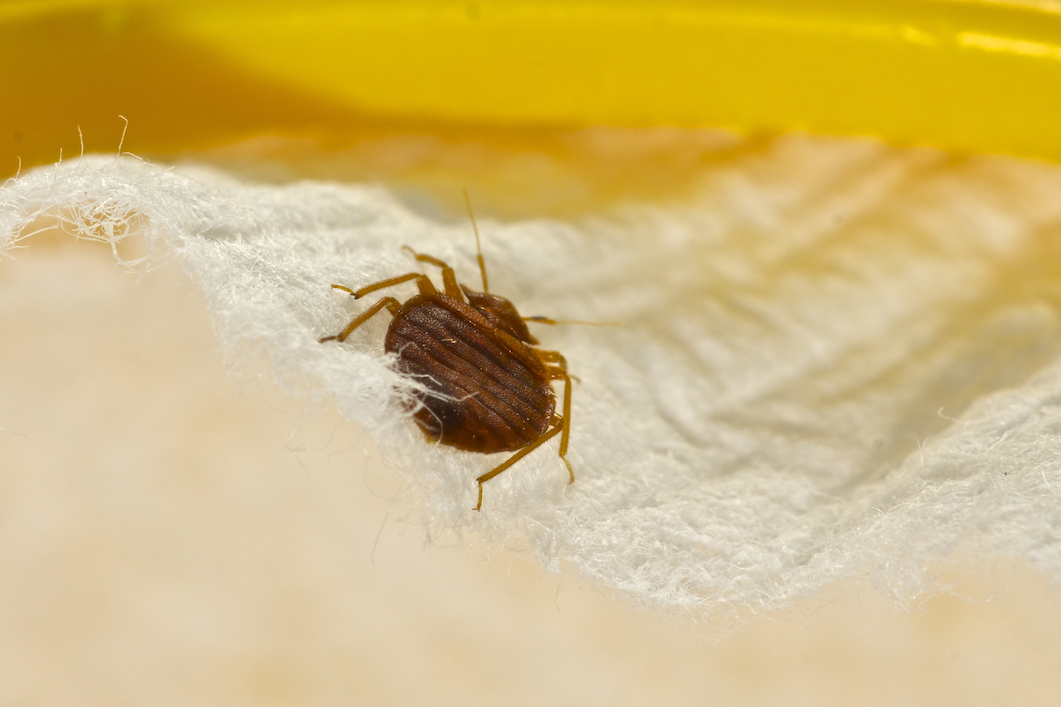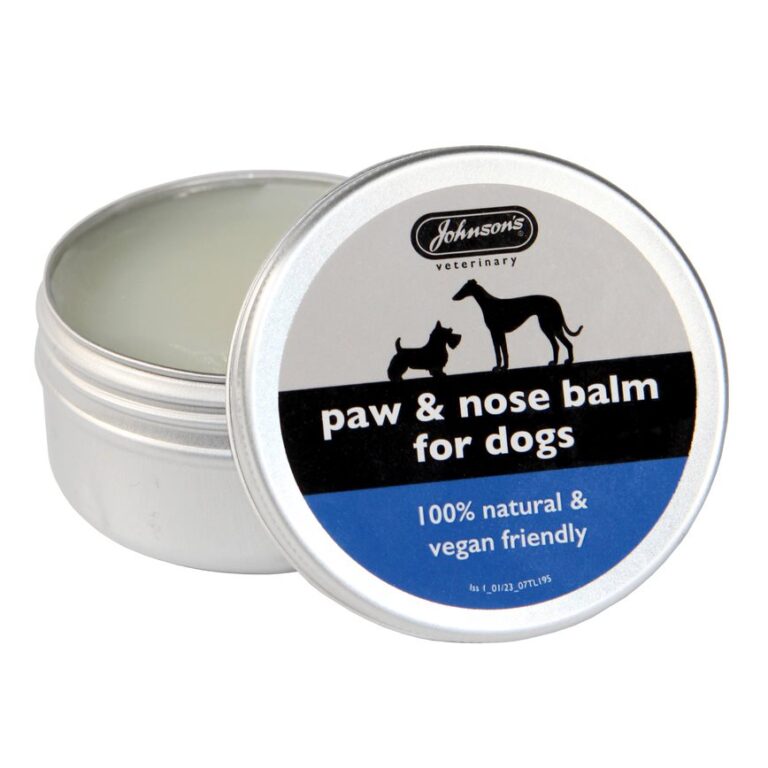With Spring now officially here, many Brits will be turning their thoughts towards heading on holiday and packing their bags to get away from their day to day, whether that’s here in the UK, or somewhere further afield. But did you know that thanks to a record number of bed bug sightings in hotels (up 278% this year), holiday makers are deciding to stay put to avoid these pesky little bugs?
Travel expert Simon Calder has already voiced his concerns about how bed bugs could affect the travel industry, “Worries about these pesky insects could have a long-term effect on behaviour. And if people decide not to travel because of their fears, it will be highly damaging for an industry which is still recovering from the impact of the pandemic.”
How do bed bugs spread?
Bed Bugs are small wingless insects, adults are around 5mm long and survive by biting other animals and sucking their blood. As bed bugs don’t have wings, they move by crawling across surfaces – a lot of the time they are transported by us humans without noticing them!
These little pests will often hitchhike on bedding, clothing or even your suitcase as you move around an infested space. They also take their time to crawl between walls, through floorboards and via a network of pipes.
What does a bed bugs infestation look like?
If you’re worried about bed bugs within your holiday home or your hotel business, there can be a few things to look out for to when checking for infestations.
Bed bugs live in small groups and are most active on an evening, so if you spot one on your bed it is likely not the only one. Bed bugs also go through multiple life cycles from egg to fully grown adult, shedding their eggshells at birth and then their skin after each life stage. Looking out for their shed skin or tiny eggshells is another clear way to spot an infestation.
Another indicator is the small, dark blood-stained spots left behind on bedding after feeding, as bed bugs will also defecate leaving a visible mark on soft furnishing and fabrics. If you think you have bed bugs you need to act swiftly to get the infestation under control and hopefully eradicate these pests quickly.
How to avoid bed bugs in a hotel
If you’re running a hotel, B&B or an Airbnb it’s important that all staff are aware of the bed bug outbreak that the industry is experiencing. Educating staff with how to spot bed bugs, how to deal with customer complaints and ensuring housekeeping are on top of all duties will help minimise the impact bed bugs can have on your business.
Pest control company Rentokil recommend implementing 6 rules to spot the early signs of bed bugs. Firstly, inspect the entire room, not just the bed area, this includes chairs, carpet edges and ornaments. Bed bugs will hide in every nook and cranny they can find until they can find a host to feed from.
They also recommend listening to customer complaints, although bed bugs may not be the culprit, as mosquitoes and even fleas may be the source instead. Customer satisfaction is vital for keeping your business running and a bad reputation can quickly send your bookings spiralling downward.
Next up is checking for eggs and looking at adjoining rooms. Eggs are an obvious sign of infestation – as mentioned previously, bed bugs can lay up to 5 eggs a day and are 1mm in length, with a milky white colour. If you have any adjoining rooms, it’s important to check everywhere mentioned above. As bed bugs don’t fly, they can easily scurry their way between rooms.
Finally, investigate stains on the bedding and light-coloured furnishings, and follow your nose for a certain smell. As bed bugs defecate once they’re done feeding, you will need to keep an eye out for small, dark brown blood stains left behind on beds and bedding where people have likely encounter these little vampires. Bed bugs also leave an unpleasant sweet, sickly smell due to their discarded skin, faeces and pheromones. If anyone notices these smells, it’s best to start investigating and looking for a bed bug infestation.
As a guest at a hotel, these bed-bug spotting tips will help if you want to be sure of your host’s cleanliness, and confident that you are safe from infestation. It is wise to check the room upon arrival at your destination, and certainly before unpacking luggage or removing any clothing. The last thing you want is take more than you bargained for home with you.

How to get rid of bed bugs
As an owner of a holiday home or rental property, tackling a bed bug infestation may be a pain, but it is perfectly manageable if the appropriate steps are taken.
If you have spotted any bed bugs in your premises you can start by washing any bedding or clothing in a hot temperature setting (60°C) then tumble dry on a hot setting for a minimum of 30 minutes. For items that cannot be washed, the British Pest Control Association recommends deep freezing items for at least 3 days. Thoroughly and routinely vacuuming any soft furnishing and carpets will also help remove any nasties from the room.*
Johnson’s has also developed an effective range of flea, mite and bed bug products which offer a cost-effective way of irradicating an infestation without the need for external pest control.
The 4Fleas Dual Action Room Fogger is designed to be set off in a room and left to settle for 2 hours, killing pests, and preventing reinfestation by destroying any eggs or larvae that may be developing elsewhere in the room. These handy foggers could also be used as a preventative measure after each stay to ensure that no pests were left behind by any previous occupants.

Another helpful product is the Guardian Home Flea Spray. This treatment can be used as a spot treatment to be applied to cracks and services as well as a direct spray for mattresses and for other surfaces you may want to protect. This water-based spray is environmentally friendly, and ideal for people who struggle with aerosols due to respiratory problems.
As a business, being able to advertise that you implement such measures by way of active prevention rather than cure will undoubtedly ensure that holiday makers feel safer, and much more likely to book their getaway at your premises. Given the current decline in travel, taking such simple precautions could make all the difference to your bookings.
All Johnson’s products are available to purchase over the counter at local pet shops and larger pet retailers. Use our convenient tool to find your local Johnson’s retailer who will be able to advise further about the range of products which will best suit your needs.
* Should an infestation be severe, or where the issue is reoccurring, it’s advisable to contact your council or a local pest control service.






